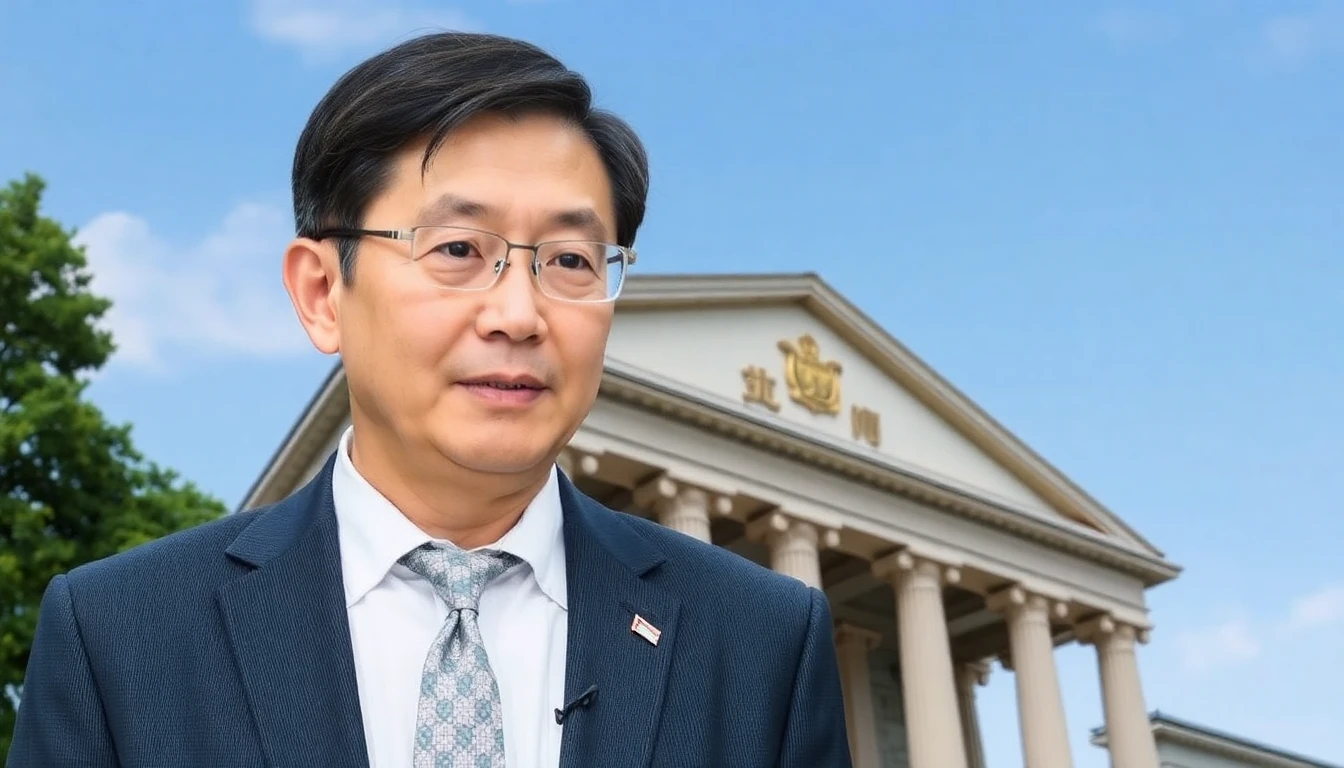
New developments in international financial markets have seen the increased trend of global monetary easing become a big thorn in the flesh of the Bank of Japan as it contemplates future policy decisions with regard to hiking interest rates. Central banks worldwide are easing further against the general economic weakness; this development makes it complicated for the hope of the BOJ in tightening its monetary policy.
Recently, several large economies have made moves to loosen their monetary policies. Among these, the ECB has introduced measures to inject greater liquidity into the market, and the PBOC has managed to lower reserve requirement ratios in an effort to facilitate more lending. In fact, these moves are indicative of a wider-reaching trend whereby central banks attempt to offset the risks of economic slowdown-and possible recession-by making access to borrowing easier and cheaper.
Meanwhile, the US Federal Reserve has also hinted at staying dovish in parallel, despite balanced risks in a more and more complex environment with unclear dynamics of inflation. The result is a wave of global easing that puts downward pressure on yields, putting the BOJ in a confusing position as its hands are already full with ultra-loose monetary policy and longstanding negative interest rates.
Any rate hike and therefore normalization of monetary policy by BOJ is highly risky. Japan has suffered for years from deflationary pressures, and any unnecessary tightening of its policy may choke off the nascent growth and derail the fragile efforts at recovery of its economy. Moreover, since the other major economies are moving in the opposite direction, such a rate increase by BOJ may be translated into undesirable appreciation in the yen and hurt the export-oriented Japanese economy.
Added to this is the intricacy of Japan's unique economic circumstances: an aging population, coupled with persistent deflation, further constrains the BOJ from acting independently. More often, global monetary conditions have had a major influence on the direction of economic policy in Japan, and the current environment indeed calls for strategic navigation if derailment of its economic objectives is to be avoided.
Economists would say that, with these challenges, caution will be better for Japan. Clearly, any policy adjustment would have to be painfully calibrated in order to avoid the various risks of large deviation from current global policy settings. With speculation mounting on the monetary authority's next moves, attention will be on the next BOJ move, and such decisions will have huge implications for Japan and the whole world financial markets.
#GlobalEconomy #BankOfJapan #MonetaryPolicy #InterestRates #FinancialMarkets #GlobalEasing #Economics #Japan #BOJChallenges #EconomicPolicy
Author: Laura Mitchell




